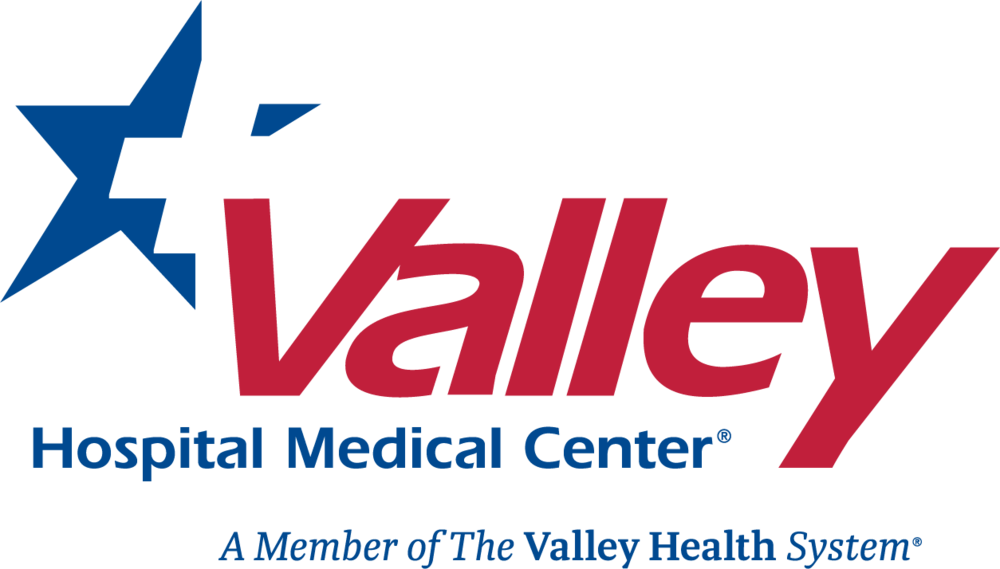Treating Advanced Heart Disease
Skilled cardiac surgeons at the Valley Hospital Medical Center perform a comprehensive range of cardiovascular procedures — including innovative coronary artery bypass surgery, other revascularization procedures, and valve repairs and replacements — to help patients with advanced heart disease.
TransCarotid Artery Revascularization (TCAR)
Valley Hospital Medical Center is pioneering the use of a breakthrough technology called TransCarotid Artery Revascularization (TCAR) to treat patients with carotid artery disease who are at risk for open surgery. While any repair of the carotid artery carries some risk of causing a stroke because of the repair itself, TCAR was designed to help minimize that risk by keeping potential stroke causing fragments away from the brain.
Coronary Bypass Surgery
Many patients with heart disease have serious blockages in the arteries that supply blood to the heart. When minimally invasive techniques, such as angioplasty, can’t be used to improve their conditions, patients may benefit from coronary artery bypass surgery. Surgeons at Valley Hospital Medical Center use advanced strategies and techniques to perform bypass surgery, including conventional procedures using the heart-lung machine and newer “off-pump” techniques.
Traditional Bypass Surgery
When performing traditional bypass surgery, surgeons make an incision down the center of the chest and separate the breastbone to reach the heart. The patient’s heart must be stopped during the procedure, so a heart-lung machine is used to pump blood throughout the body. Surgeons then graft a section of a healthy blood vessel — usually from the leg — onto the affected vessel to reroute blood flow around the blockage. This procedure can restore blood flow to “revascularize” the heart. It also may reduce chest pain and lower the risk of heart attack.
Off-pump Bypass Surgery
Surgeons at Valley Hospital also use recently developed procedures that allow them to perform bypass surgery without stopping the heart. They can immobilize a section of the heart with specially designed stabilizers. The rest of the heart continues beating normally so a heart-lung machine isn’t used during the bypass procedure. Patients who undergo off-pump procedures may have a reduced risk of developing some of the complications, such as swelling, clotting and neurological problems, that may be associated with the heart-lung machine.
Minimally Invasive Bypass Surgery
Surgeons often can perform minimally invasive heart surgery when the patient needs a bypass for only one or two arteries. Instead of making a large incision in the chest and dividing the breastbone, surgeons make a small incision directly over the artery to be bypassed. Next, they detach an artery from inside the chest and attach it to the clogged artery to bypass the blockage.
Heart Valve Surgery
Some patients are born with defective heart valves that affect blood flow through the heart. In addition, infection, rheumatic fever and the aging process can damage healthy heart valves. Surgeons at the Valley Hospital are recognized for their expertise in valvular surgery. They perform innovative valve repair and replacement procedures using advanced surgical techniques, valve devices and prostheses.
Valve Repairs or Replacements
Whenever possible, surgeons try to repair valves by resecting defective valves and using flexible rings to support them. Repaired valves have a more natural shape, so patients have more normal or even improved heart function. Patients with repaired valves also have less risk of infection, and in most cases, they don’t need to take anticoagulants for an extended period. When valves can’t be repaired, surgeons replace patients’ defective valves with mechanical or biologic (pig) valves.
Minimally Invasive Valve Procedures
Surgeons at Valley Hospital can use an innovative minimally invasive technique — called port access — to repair or replace valves. Like traditional bypass surgery, conventional valve surgery requires a major incision in the chest and separation of the breastbone. During a port-access procedure, however, surgeons leave the breastbone intact and access the heart through a small incision under the breast. This approach can’t be used in all patients, but those who undergo minimally invasive surgery usually have shorter hospital stays, quicker recoveries and less scarring. Port-access techniques also can be used to treat a patient who has both a valve defect and a tumor in the heart or a hole in the wall that divides the heart.
Surgery For Congestive Heart Failure
A variety of procedures are available to support patients with serious impairment in their heart functions. These include a range of operations, including bypass surgery, valve repair and removal of non-functioning parts of the heart. In addition, a range of implantable devices can be used to assist the pumping action of the heart, for both acute and long-term heart failure.
 Valley Hospital was rated a High Performing Hospital for Heart Failure by U.S. News & World Report for 2022-2023. A high performer rating indicates a hospital was significantly better than the national average in a given procedure or condition.
Valley Hospital was rated a High Performing Hospital for Heart Failure by U.S. News & World Report for 2022-2023. A high performer rating indicates a hospital was significantly better than the national average in a given procedure or condition.
Surgery For Atrial Arrhythmias
Using a combination of approaches, including minimally invasive techniques, surgeons at Valley Hospital can reduce or eliminate the very common electrical irregularity of the heart known as atrial fibrillation. This can be done as a primary treatment for this problem, or in association with valve or bypass surgery.
Thoracic-Abdominal Aortic Surgery
Surgeons at Valley Hospital can perform complex reconstruction in patients with aortic dissections as well as those with ascending, arch and descending aneurysms. Deep hypothermic circulatory arrest, as well as perfusion-assisted techniques, may be performed. At times, surgeons may be able to perform the procedure without the use of the heart lung machine.
Individual results may vary. There are risks associated with any surgical procedure. Talk with your doctor about these risks to find out if TransCarotid Artery Revascularization (TCAR) is right for you.

